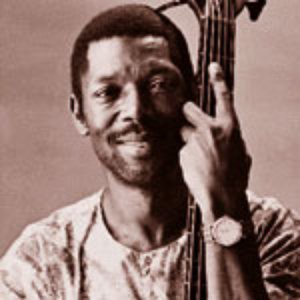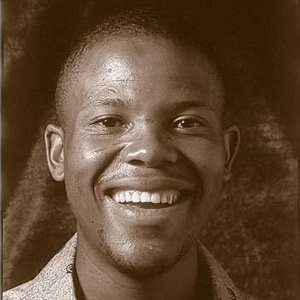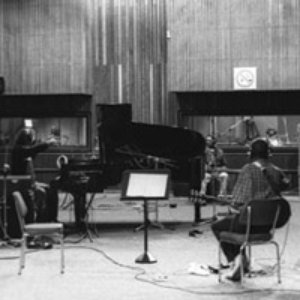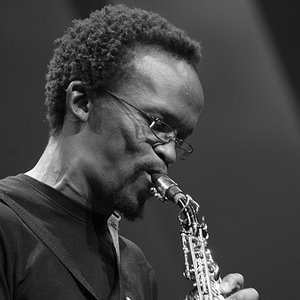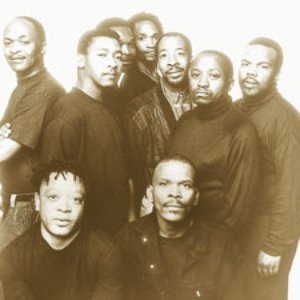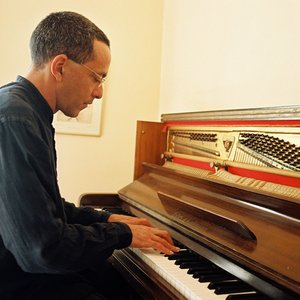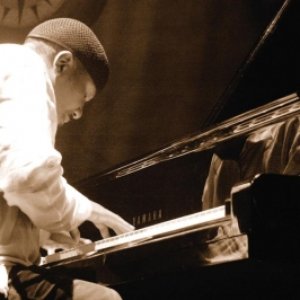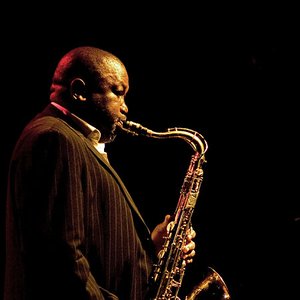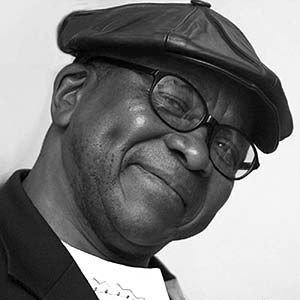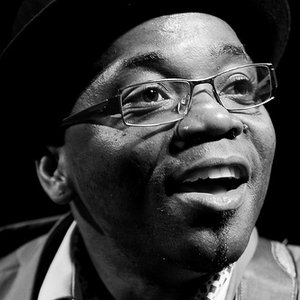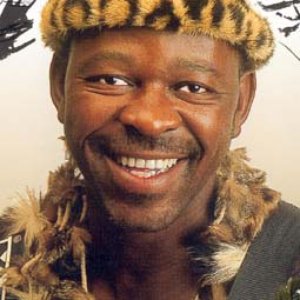Biography
-
Born
19 October 1937
-
Born In
Soweto, Johannesburg, Gauteng, South Africa
-
Died
23 January 2021 (aged 83)
Jazz trombonist and composer Jonas Gwangwa (born: Jonas Mosa Gwangwa) has played an influential role in the evolution of South African jazz. A member, along with jazz pianist Abudllah Ibrahim (then, known as Dollar Brand), of the Jazz Epistles, the first Black South African to release an album, Gwangwa has gone on to become an award-winning composer. In addition to composing the scores of such films as Cry Freedom, Generations and Othello, Gwangwa composed the theme music of South Africa's Olympic bid in 1997. Gwangwa was one of many talented musicians mentored by South African alto saxophonist Kippie Moeketsi in the early-1950s. Following the disbanding of the Jazz Epistles in 1959, Gwangwa continued to make his presence known amongst South Africa's jazz enthusiasts. His fame spread to the United States in the mid-1960s. In 1965, Gwangwa was featured in a "Sound Of Africa" concert at Carnegie Hall, sharing the stage with Miriam Makeba, Hugh Masekela and Letta Mbulu. Two years later, he returned tio the United States to participate in a national tour, "The Main Event", featuring Masekela and Herb Alpert. Despite his hefty reputation, Gwangwa remained a victim of apartheid. When the South African government passed laws making it illegal for Blacks to congregate, in the early 1970s, Gwangwa left his homeland. After touring Europe in a musical production of King Kong, he continued on to the United States, where he attended the Manhattan School of Music in New York. With the encouragement and patronage of Harry Belafonte, Gwangwa was able to . successfully break through to American audiences. Continuing to break new ground as a composer and arranger, Gwangwa served ten years as musical director of the ANC cultural ensemble tour, "Amandla". In 1987 and 1988, he collaborated with George Fenton to compose the score for the Richard Attenborough film, Cry Freedom. In addition to being nominated for Oscar, Grammy and Golden Globe awards, the film received Ivor Bovello and Black Emmy awards. Gwangwa returned to South Africa in 1991.
Artist descriptions on Last.fm are editable by everyone. Feel free to contribute!
All user-contributed text on this page is available under the Creative Commons Attribution-ShareAlike License; additional terms may apply.

